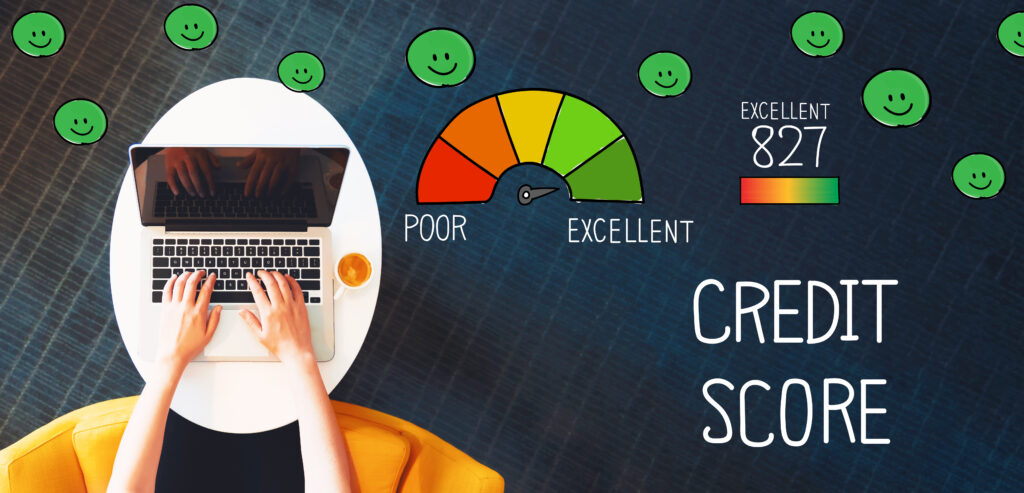Why Building Good Credit is Important
Building good credit doesn’t have to be challenging. Pay your bills on time, spend only what you can afford, don’t open up too many new accounts, and keep track of your credit utilization. So you know you should be careful with your credit and build the best credit you possibly can, but the question is why? Why is it so important to build good credit? Here are three major reasons why having good credit is important.
Home Purchases
Unless you are extremely fortunate, you will most likely need to take out a loan when buying a home. This loan is called a mortgage and usually has a fixed interest rate and is paid off over fifteen or thirty years. Because this purchase costs more than your average buy, your interest rate becomes very important.
This is where good credit comes into play. Basically, the better credit you have, the lower the interest rate. This is because your credit score is a reflection to lenders of your credit history and money management. The reflection gives lenders an idea on how high of a risk it is to loan you a large amount of money. Essentially, the lower the credit score, the higher the risk for lenders. The higher the risk for lenders means a higher interest rate for the homebuyer.
Credit Cards
Just as having good or bad credit can affect your mortgage, it can also affect your credit card accounts. It is always nice to know that if you need extra credit or cash for emergencies that it is available. This can be done by having good credit. With good credit comes credit line increases either complimentary from your credit card company, or through a request. When your credit is good, you have a higher chance of receiving that credit line increase.
Having good credit can also lower your interest rates on your credit card accounts. Because having good credit reflects your financial history, it shows credit card companies what kind of risk comes with having you as a customer. Just as lenders do for homebuyers, credit card companies assess the risk they take when providing you with credit. This results in high interest rates for poor credit and low interest rates for good credit. Having good credit will save you money in the long run when it comes to interest rates.
Buying a Car
Not only does buying a home require a loan, but purchasing a car as well. Of course, you always have the option to pay in cash the total amount upfront, but that option isn’t too common. When it is time to start filling out paperwork for that new car you want, it comes the time for the salesperson to run a hard credit check. Based on the report they receive, you can get an approval for the loan or a denial. Those with good credit will most likely be approved and have comparably lower interest rates. Those with poor credit have the possibility of getting denied for the loan or much higher than usual interest rates.
Credit can be a very useful tool in your future. However, good credit particularly can save you a lot of money and get you far in life. Focus on maintaining and building good credit because it will benefit you with every purchase!


